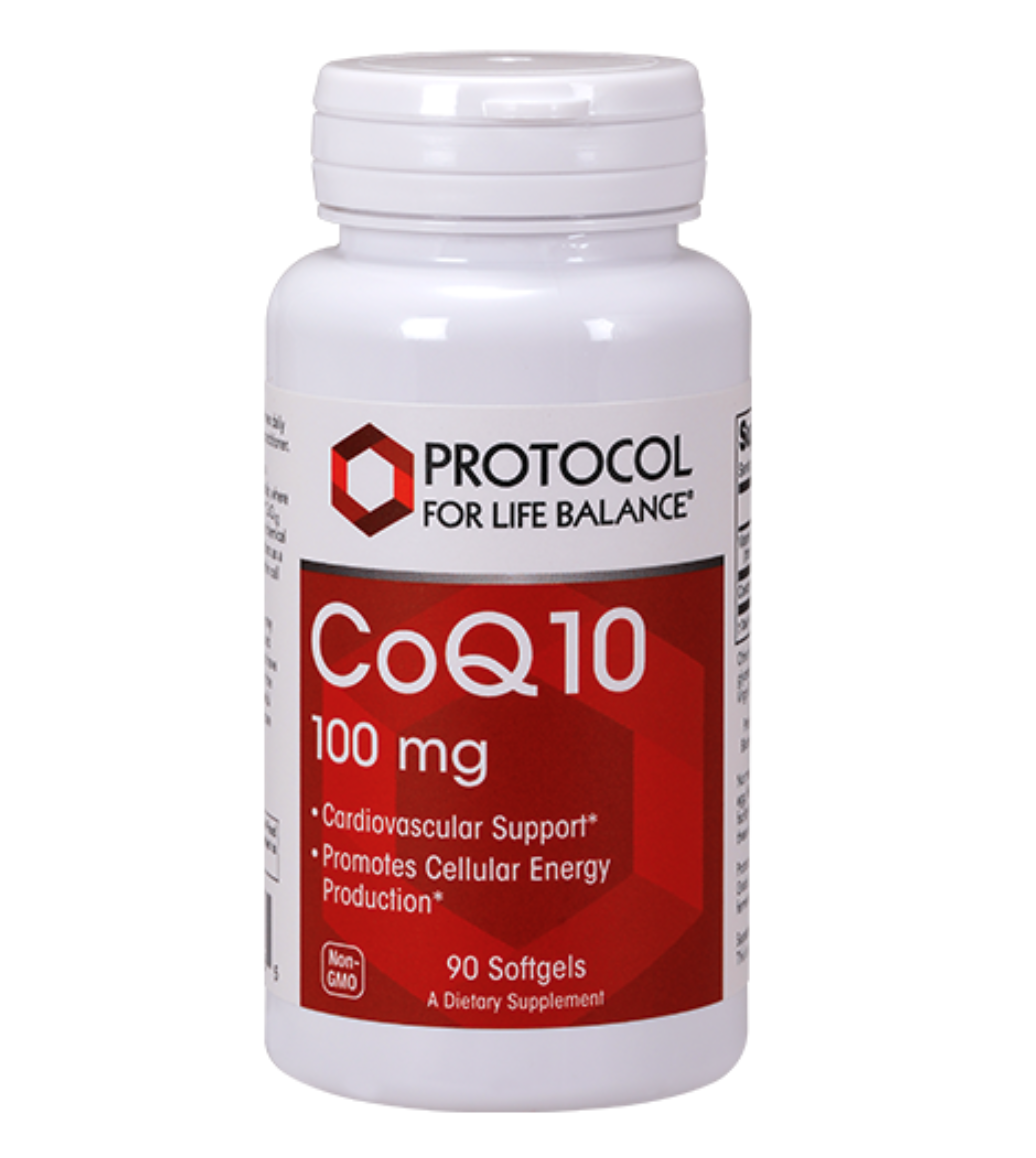Product Description
CoQ10 – Ubiquinol
Highly Absorbable, Bioavailable
Preferred Form – Ubiquinol vs. Ubiquinone
100% Natural CoQ10
Arterial and Cardiovascular Support
Antioxidant /Active Scavenger of Free Radicals
Not all CoQ10 Supplements are Equal, Ubiquinol is More Available, Natural
I believe this CoQ10 Ubiquinol supplement is superior and worth the extra cost than what you’ll find at “big box” stores because:
- It is the Ubiquinol form of CoQ10 (also known as the reduced form). It is NOT the Ubiquinone (or oxidized) form of the coenzyme.
- CoQ10 Ubiquinol is about twice as absorbable as the Ubiquinone form of CoQ10.
- Ubiquinol is the primary form of CoQ10 found in the blood.
- Ubiquinol is the active antioxidant form.
- Your body may not be able to utilize the cheaper Ubiquinone form of CoQ10. In order to be able to use Ubiquinone, your body has to first convert it to Ubiquinol. The ability of the body to make this conversion naturally decreases with age.
- This Ubiquinol is Natural Ubiquinol vs. Others That are Synthetic Ubiquinol.
- Protocol for Life uses KanekaQH™ Ubiquinol. It is naturally produced by microbial fermentation resulting in a naturally structured product (trans-isomer) that is utilized by the body.
- In contrast, synthetic forms of Ubiquinol (and Ubiquinone, for that matter), are produced from a compound extracted from tobacco leaf. In this processing, cis as well as trans-isomers are produced.
- The cis-isomers found in synthetically made Ubiquinol do not occur naturally in the body.
What Does CoQ10 Ubiquinol Do?
CoQ10, in the form of ubiquinol, is found inside the mitochondria (or “battery”) of every cell. Organs with higher energy requirements (kidneys, liver, heart) have particularly high concentrations of ubiquinol.
CoQ10 is a powerful fat-soluble free radical scavenger that helps protect cell membranes against free radical attack and oxidative stress. Oxidative stress can damage phospholipids in cell and mitochondrial membranes and can alter DNA, including in vascular structures, blood, brain and neurons. Without protection of this natural antioxidant, low density lipoproteins (LDLs) in the blood may become more damaging to the blood vessels.
CoQ10 is:
- essential for use in cellular energy production and cardiovascular support.
- synthesized by the body
- found in foods like oily fish (e.g., salmon and tuna), organ meats (e.g. liver), soy and sesame oils, and whole grains.
CoQ10 and Good Health
Many medical studies demonstrate beneficial effects of CoQ10 in heart-related conditions. They attribute this to its vital role in oxygen utilization and improving energy production, particularly in heart muscle cells.
CoQ 10 is beneficial for cardiovascular health in many ways. For example, CoQ10 assists in maintaining the normal oxidative state of LDL cholesterol, helps assure circulatory health, and supports optimal functioning of the heart muscle. CoQ10 also “relaxes” blood vessels and may play a beneficial role in the treatment of high blood pressure.
The reality is, as we age, even in middle age, there is a natural decline in the body’s production of CoQ10 Ubiquinol as well as a decrease in the efficiency of utilizing it.
History of CoQ10 as a Nutritional Supplement
Identified in 1957 and in 1974, Coenzyme Q10 (ubiquinone/ubiquinol) was approved by the Japanese government for congestive heart failure treatments. Today it is used by millions of people in Japan, especially as part of a medical protocol for cardiovascular disease. CoQ10 is also an extensively used supplement in Europe and Russia.
What About CoQ10 and Statins?
Those who are taking statins (HMG coenzyme A reductase inhibitors) to lower cholesterol may be at particular risk for deficiency because not only do statins reduce cholesterol levels but they also block CoQ10 synthesis in the body. (Statins interfere with the production of a precursor in the synthesis of CoQ10 called mevalonic acid.)
The statin medications routinely result in lower CoQ10 levels in the serum and muscle tissue. Some, not all medical practitioners, believe that low CoQ10 levels in patients on statins may contribute to the common side effects of statin therapy such as fatigue and aching muscles.
If you are on a statin, you should consult with your own medical doctor as to his or her own recommendation regarding taking a CoQ10 nutritional supplement.
Is There a Recommended Dose of CoQ10?
There is no official Daily Value recommendation for CoQ10, so it is best to consult with your own medical doctor.
However, Andrew Weil, MD, world-renowned integrative physician, suggests at least 90 to 120 mg of supplemental CoQ10 for any adult taking a statin medication and for those with a family history of heart problems or at increased risk for cardiovascular disease. He suggests this dosage also appropriate for otherwise healthy men and women as a preventive measure, to help maintain a healthy cardiovascular system.









